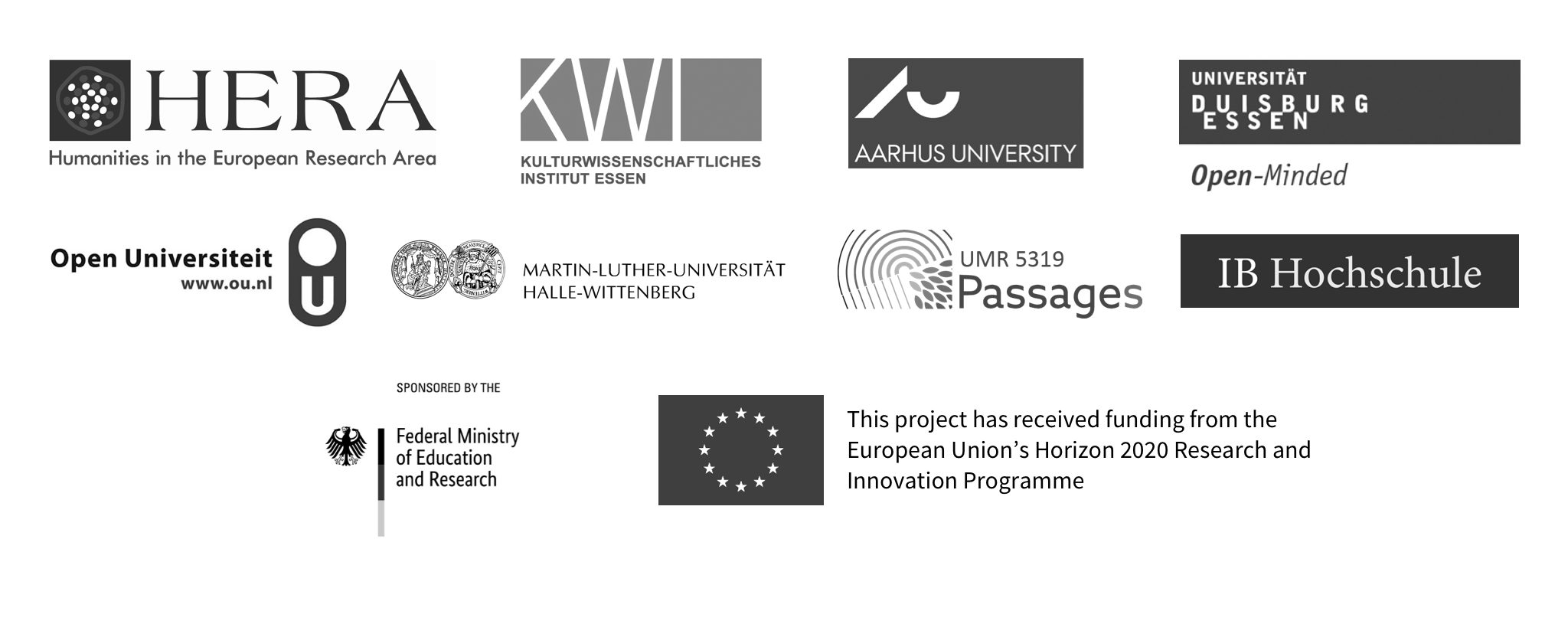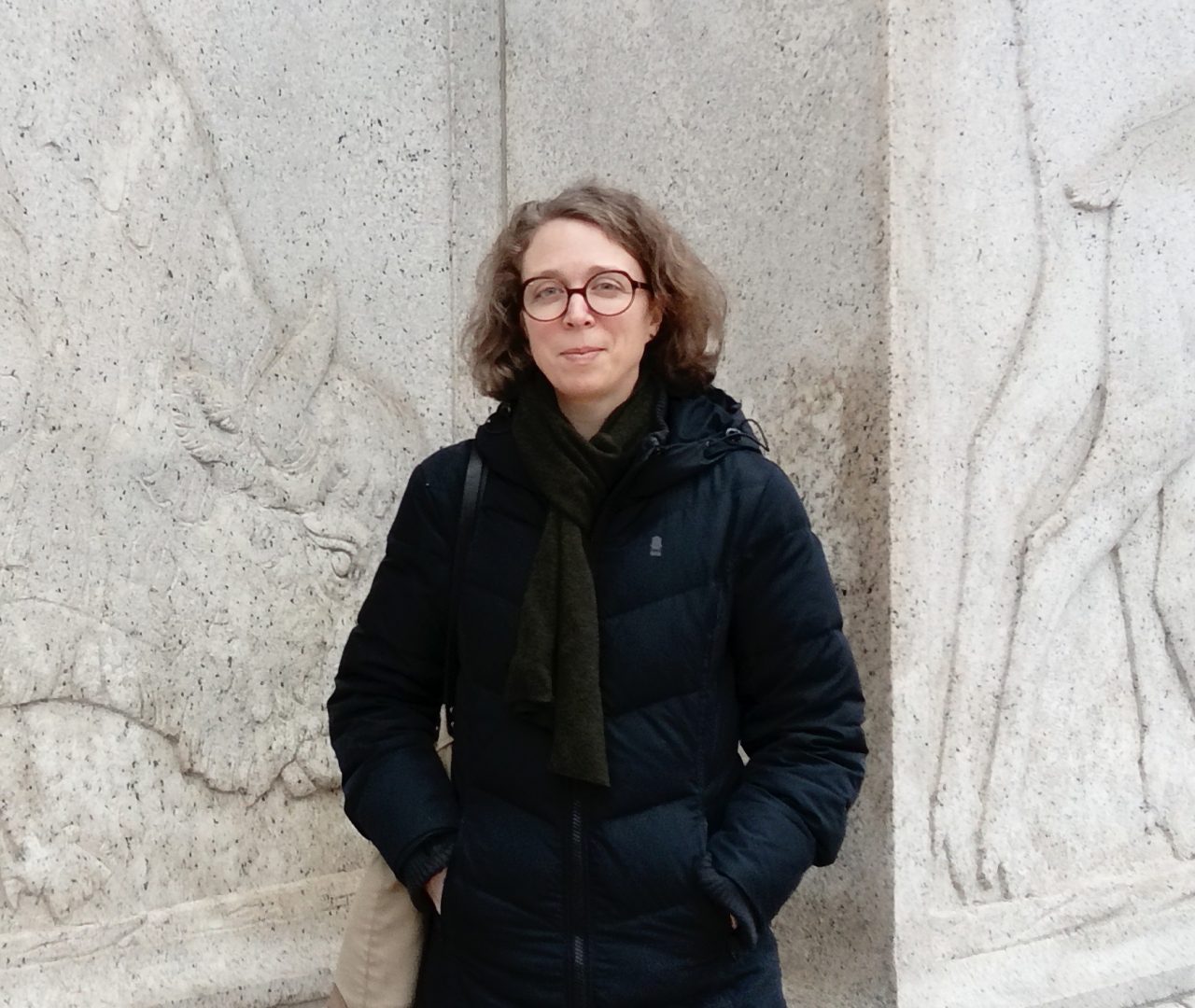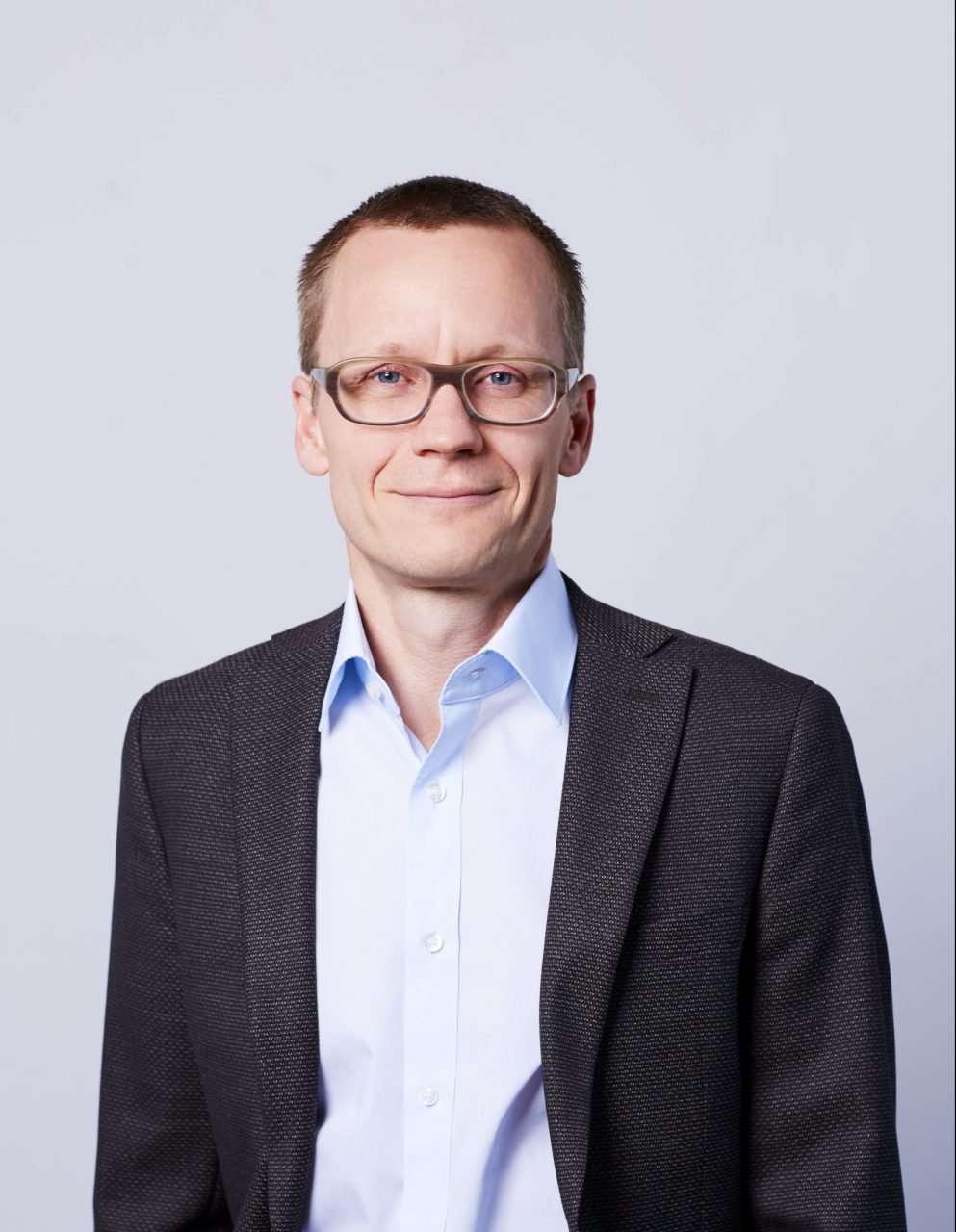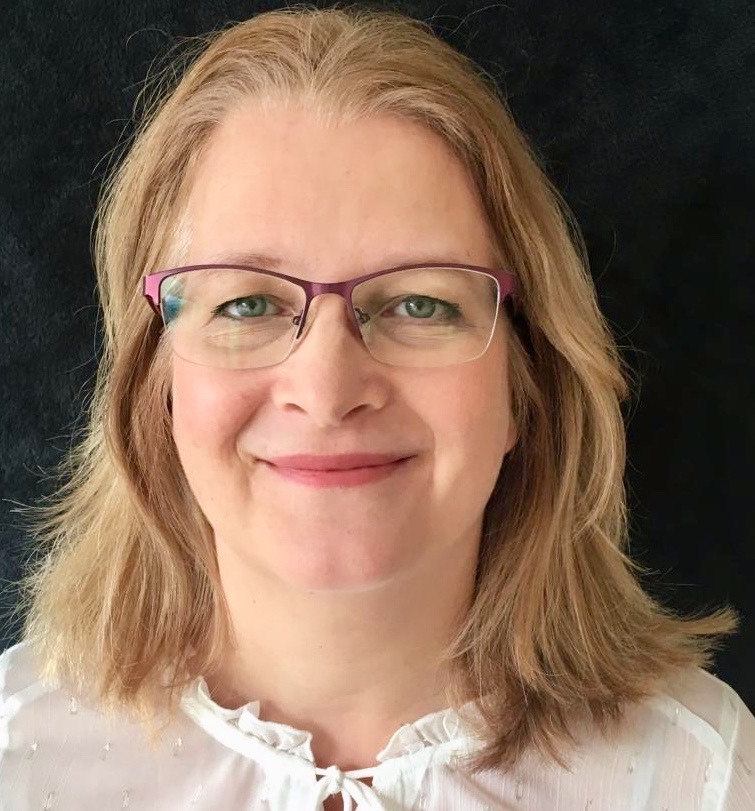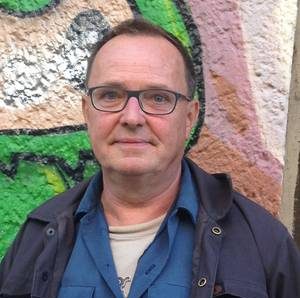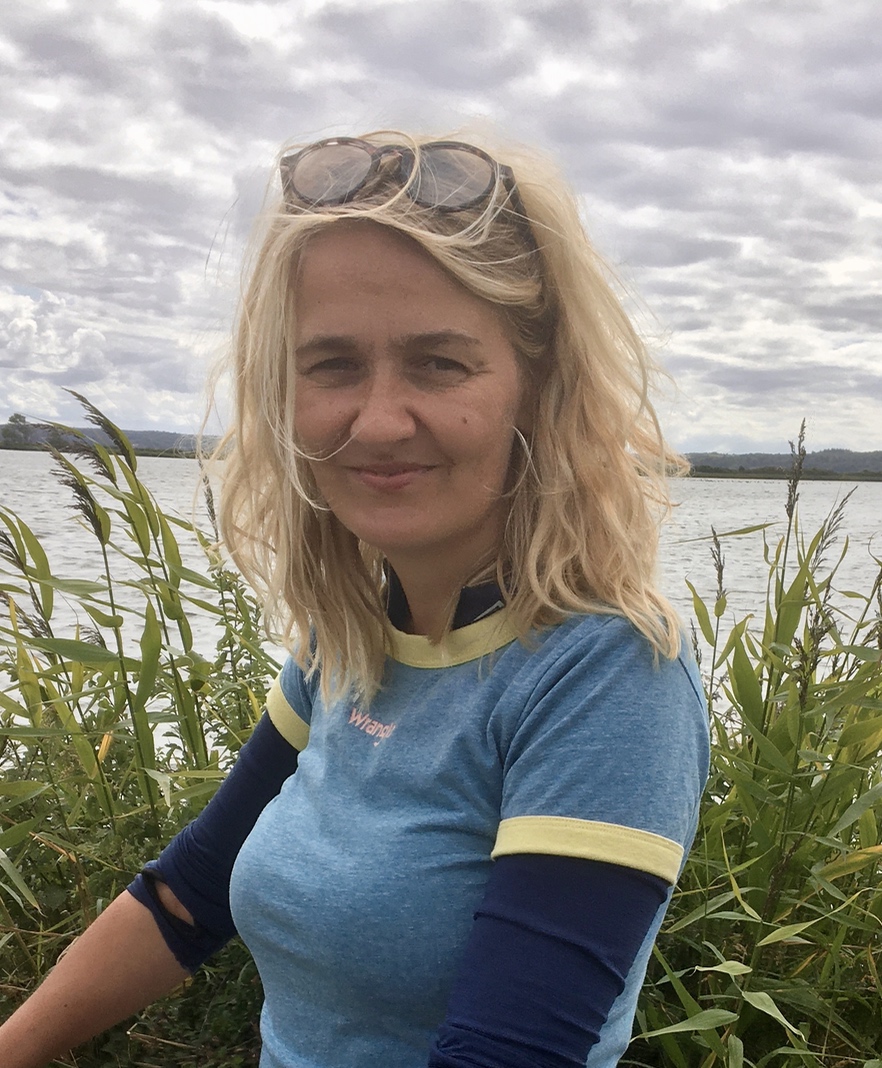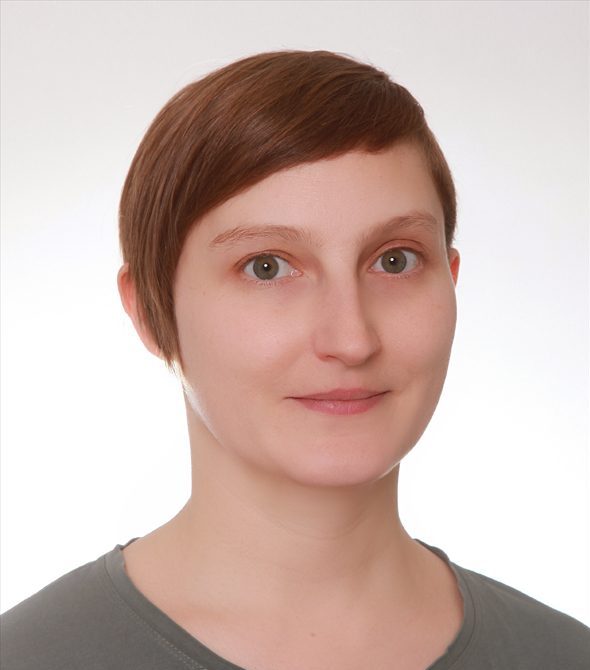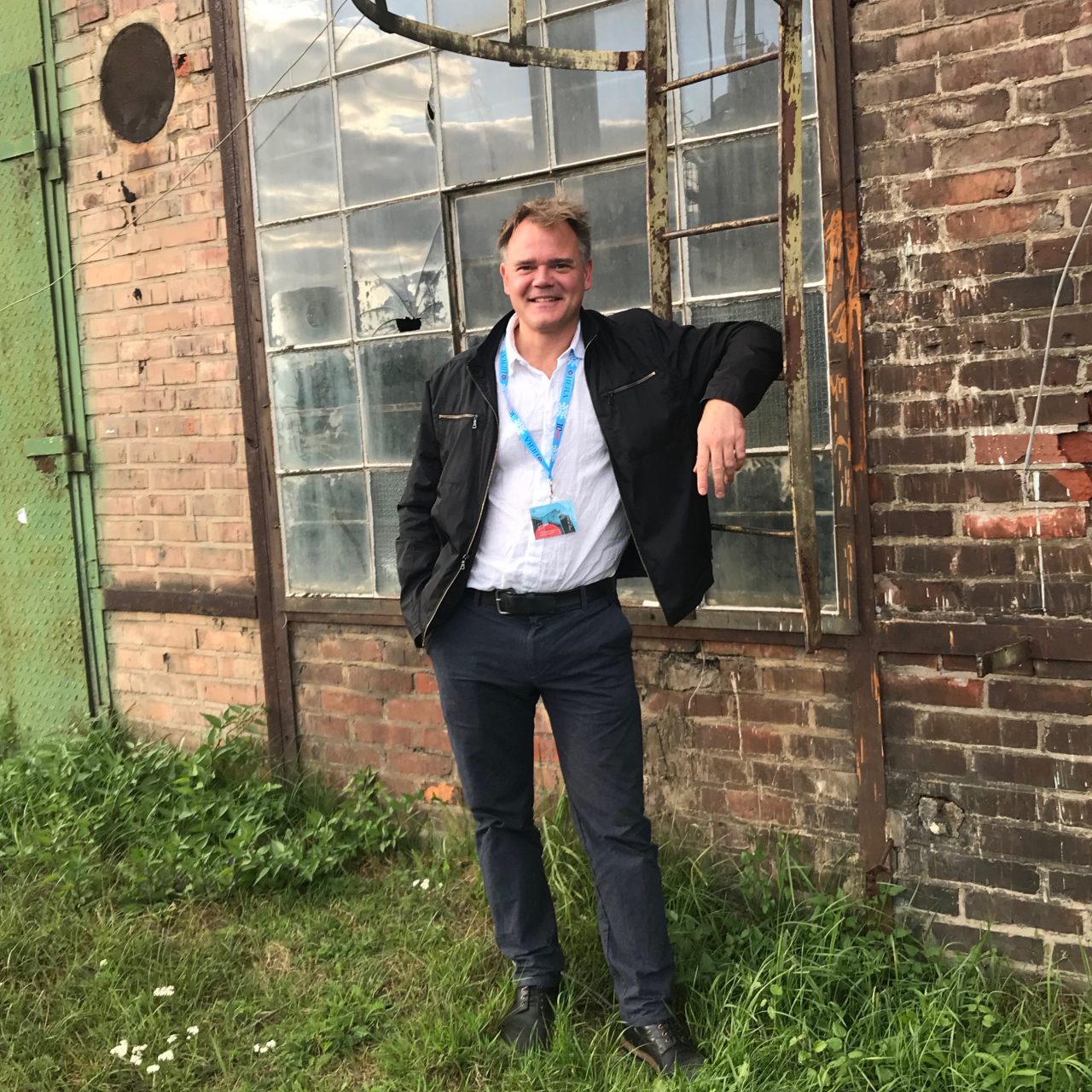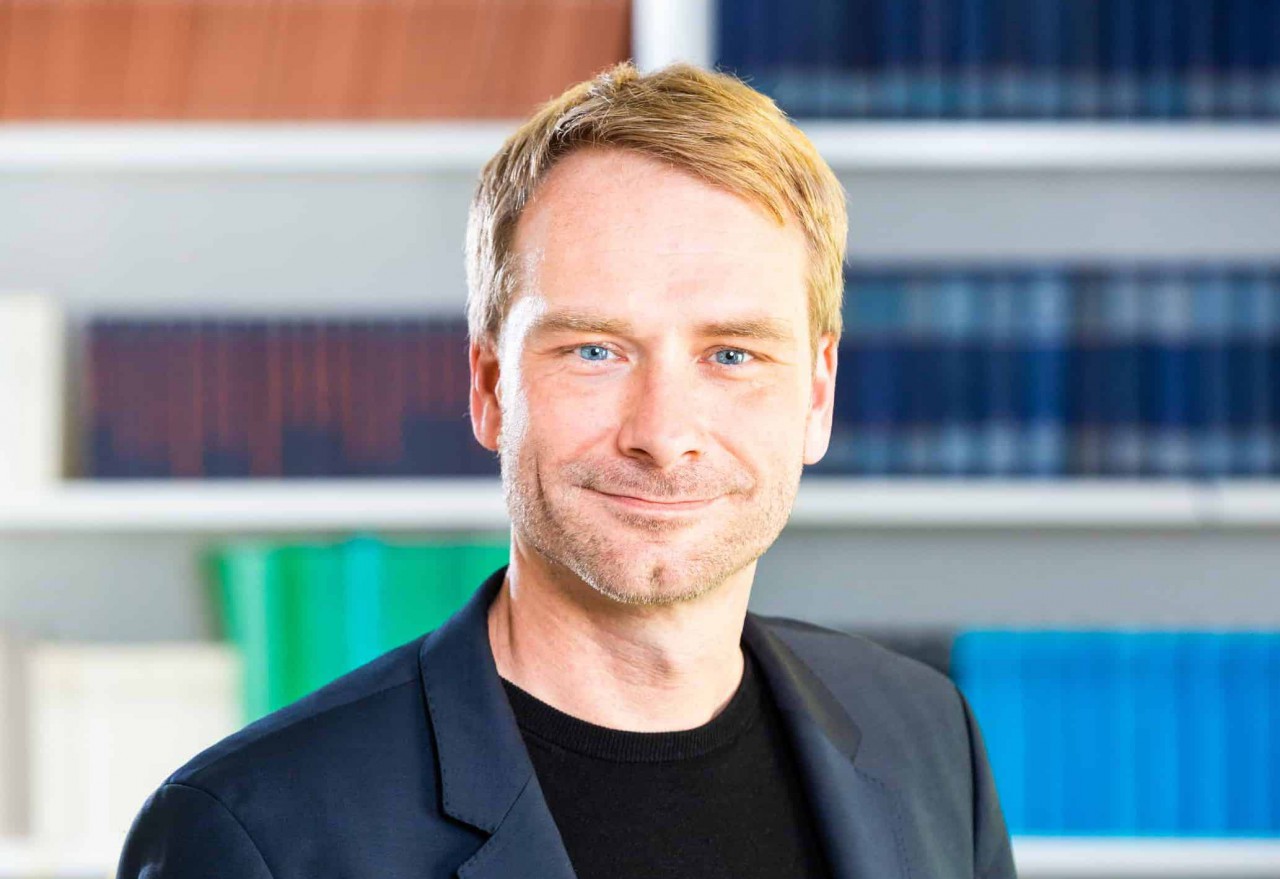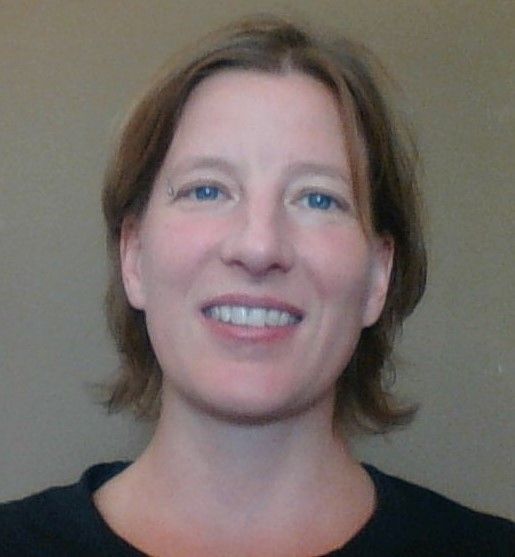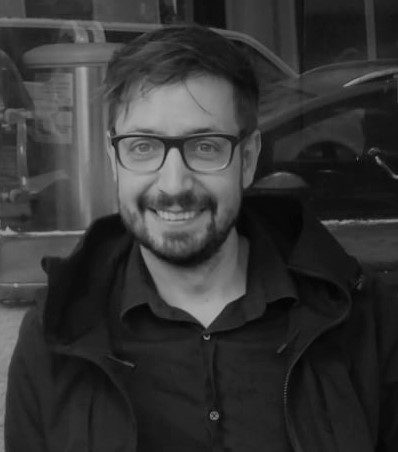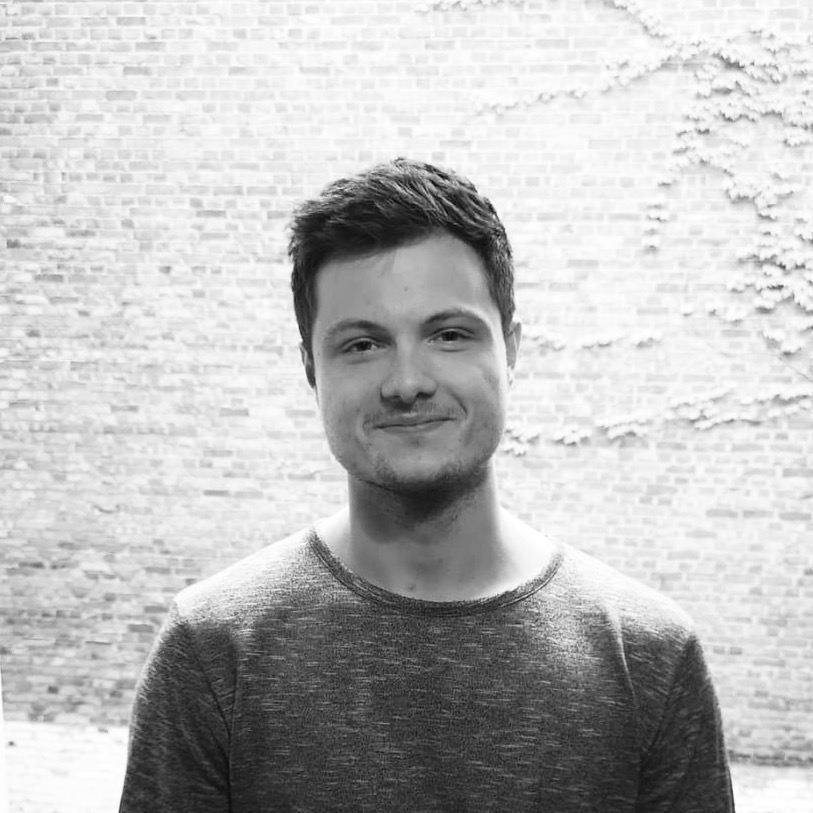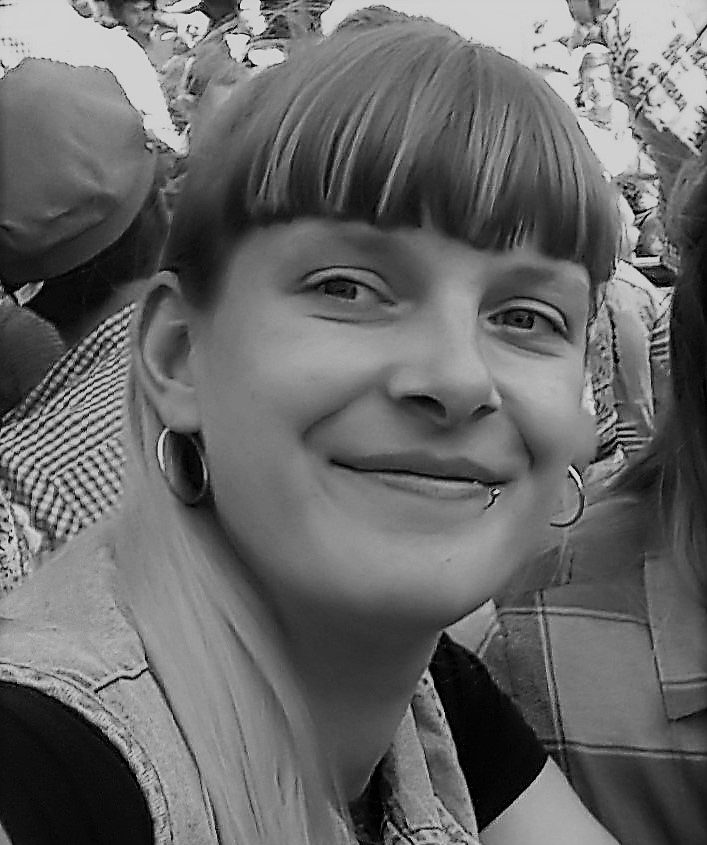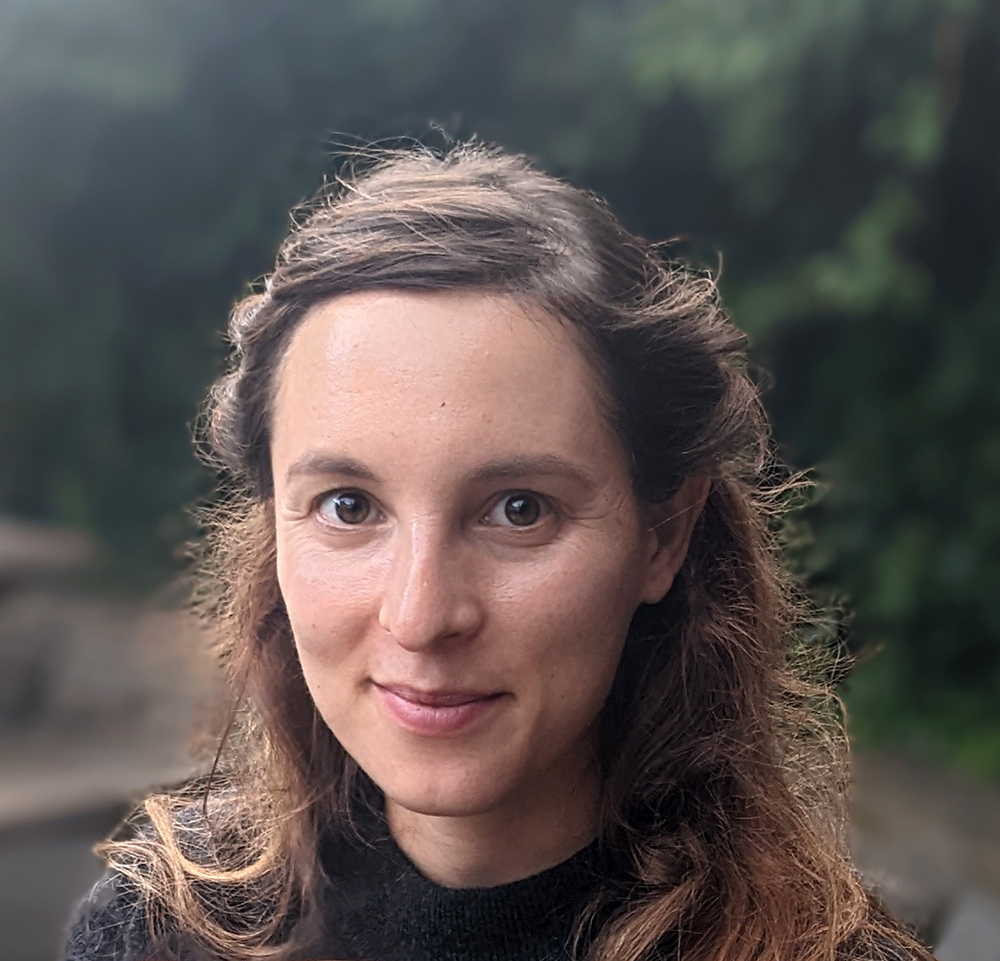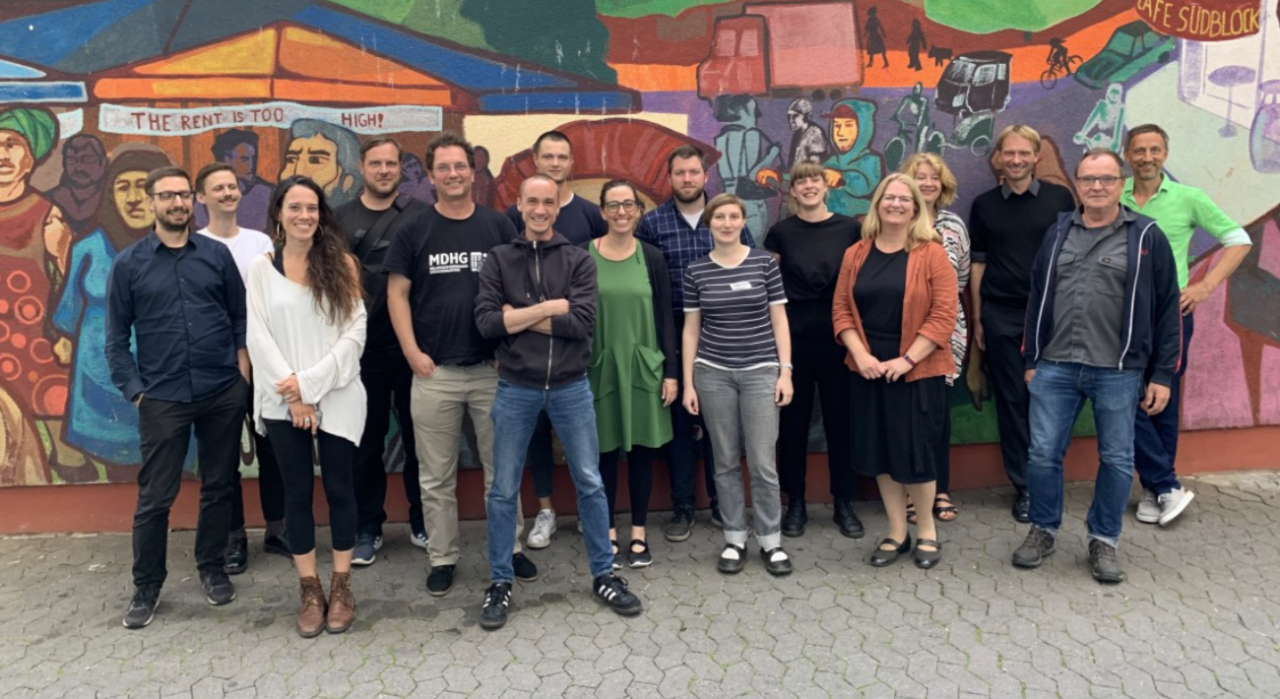This leading institution amongst urban museums uses interactive exhibitions to present the social history and everyday life of the city. In both their physical and online exhibitions, the history of drugs is a theme growing in importance; they will be a valuable partner in the knowledge creation and dissemination through the archive.
People & Partners
Research Team
Researchers
Partners
To establish the participatory archive, we are collaborating with nine nonprofit organizations across Europe. These associations have been working in the fields of drug activism, policy debate, and living history for decades. Their expertise will form the foundation of the Narcotic City Archive.Bildungswerk Berlin
der Heinrich-Böll-StiftungThe Bildungswerk is a forum for open political education, promoting discussion on social policy through ecological, grassroots democratic and non-violent principles. Its educational work bridges NGOs, politics, science, business, and society, with the aim of fostering participation in political processes. From the beginning of the CRP, the Bildungswerk will lend its expertise to the educational aspects of the project and will co-organize the academic conference, archive events and exhibition in Berlin.
CRIR –
Christiania Researcher-in-ResidenceCRIR involves artists, researchers and academics in an open and reflective dialogue around the free town Christiania in Copenhagen, aiming to feed new creative and critical thinking into the public realm. They will host Workshop3 and provide contacts, facilities, accommodation and expertise for the CRP as well as innovate dissemination strategies for promoting the living archive.
Fixpunkt e.V. Berlin
For three decades, Fixpunkt has offered impartial drug help and health promotion in Berlin, implementing innovative ideas in crime prevention and qualification possibilities for people using illegalized drugs. Fixpunkt contributes to the CRP and especially addresses PI1 and PI3 with their network, extensive archive and knowledge about drug cultures and policies.
MDHG - Belangenvereniging voor druggebruikers
MDHG is an Amsterdam-based Dutch NGO that promotes the interests and well-being of drug users and homeless people since 1977. The MDGH will work closely with PI2 and her team to explore what a ‘Drug Consumption Room 2.0’ might look like, based on historical and multi-sited actual experiences and wishes of various parties involved.
Open Berlin e.V.
Open Berlin is an association for alternative urban development and participation. Their close contact with stakeholders in this field and their work on touristification and festivalisation are highly valuable for GONACI, especially for PI4 and PI6.
Projekt UDENFOR
This Danish NGO combines active social street work with training, research and advocacy in order to tackle homelessness and social marginalization. It engages with both street work and research on how minors can and do live their everyday lives in the same spaces as marginalized groups of people in the contested drug area of Christiania.
Université Populaire de Bordeaux
The UPB engages in self-organised and bottom-up political education, focusing on participative knowledge production in urban communities through themes of city development, governance and gender. UPB will lend its expertise to educational aspects of the project and contribute to designing engagement with the public in order to foster participation – particularly through the archive presentation in Bordeaux.
Associated Researchers
-
Dr. Robert Feustel
University of Jena,
Germany -
Dr. Marie Jauffret Roustide
French Institute of Health
and Medical Research/Inserm,
Paris, France -
Dr. Martin Fuller
Technical University Berlin,
Germany -
Dr. Alexander Klose
Office for Precarious Concepts,
Berlin, Germany -
Louise Klaus
Goethe University Frankfurt,
Germany -
Solenn Real Molina
Marseille,
France
Funding
As part of the HERA research programme Public Spaces: Culture and Integration in Europe, this project has received funding from the H2020-SC6-CULT-COOP-2017 – Understanding Europe – Promoting the European Public And Cultural Space under grant agreement no. 769478.
